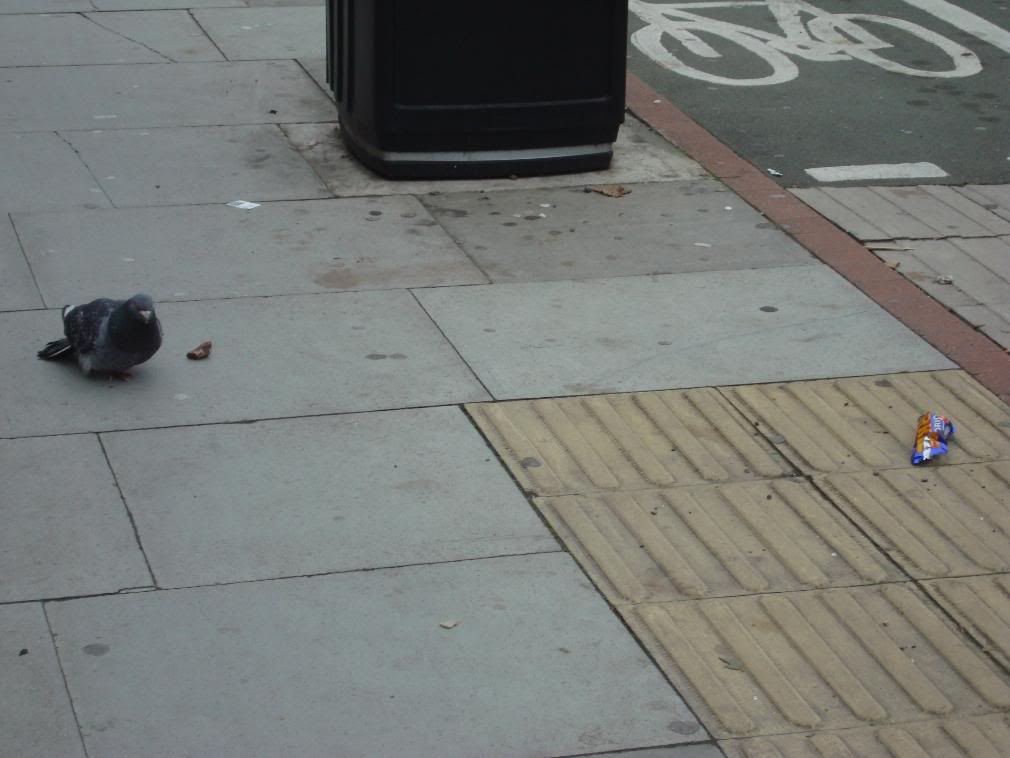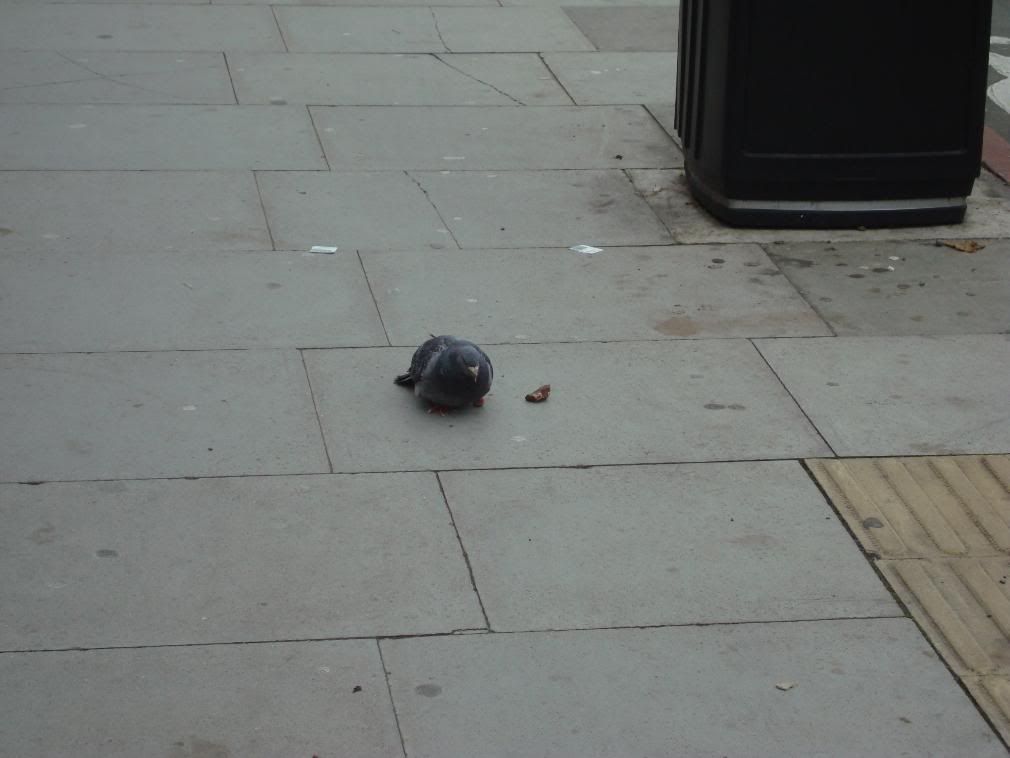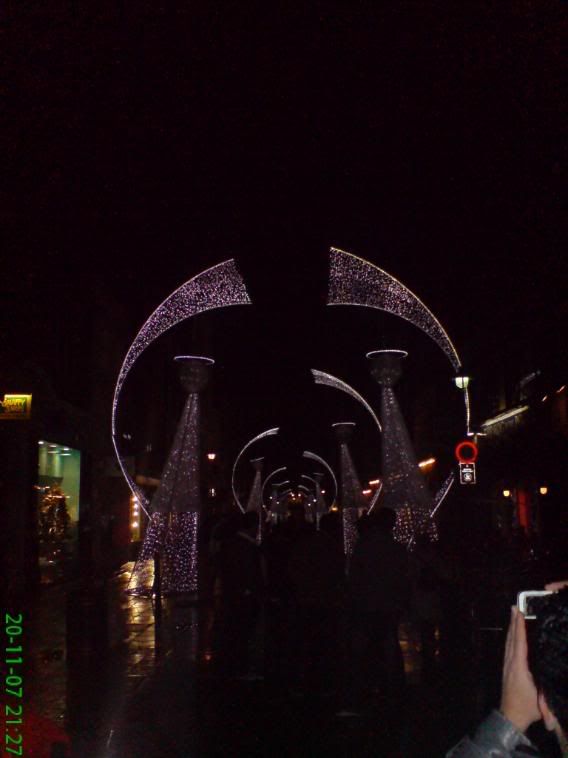At a dinner at Claridges recently, the room was heaving with the great and good of European Consulting, Telecoms, Government, regulators, TV, manufacturers, media, and a few industry bodies. The topic of the Business Week Roundtable Discussion 2007 was, Next Generation Networks for Next Generation Business. So I was quite excited about going there and listening to the pearls of wisdom about the future of business and what kind of networks will be required to support them. Unfortunately, I did not walk away with the feeling that there was a vision thing going on.
I went there to learn about Next Gen but all these guys were talking about copper, fibre and ADSL and Wi-Max. Gosh, guys, where is the vision thing? What about web 2.0? Where is the monetisation of online transactions? The impact on tax takings of internet based transactions? Economic activity moving into the virtual world? changes in value chains in various industry models because of Web 2.0 and technology changes? Utility pricing? Social valuation based pricing? Usage of traffic data to drive analysis? Bundling up of services?
They were patting themselves on the back about having good stuff about the steadily growing broadband penetration in UK. While one guy talked about people seeing TV soaps on their mobiles in the Korean underground while the minister for FDI for Macedonia explained how they jumped from a single fixed line provider to 99% digitally connected / fully wireless and in 18 months will be the first country in the world to be fully Wi-Maxed!!
I told them that you need to drive investments in the public sector in networks. Think sewers and waterworks, guaranteed return, and push for investments much faster via the government. The problem we have, I further pointed out, was that the deployment cycle is now longer than the new product / technology cycle. In other words, before you have managed to get the tech out from the labs, deployed and start generating money (forget payback) new tech has come around and nobody is willing to pay for the old tech any more. Copper took 27 years to payback in the UK, fibre is less but they are starting to roll it out while countries like Macedonia are two generations ahead!!!!
How about the fact that USA has just agreed to exempt all internet transactions from sales tax. So if you are going to fund essential national infrastructure from general taxation, where on earth are you going to get the money from if more and more economic activity is moving into internet transactions which are footloose and tax free? How about the fact that there are now different value systems such as the Linden Dollars, values for World of Warcraft user id's, etc.? These have a real life value, capable of being traded on an exchange or on e-Bay, and its value has been determined completely independently of any government or regulator. So what is the future of national currencies?
I gave the example of my son's comment to me when I moaned about paying £8.00 per month on his World of Warcraft game. Flash came the reply, Dad, I can sell my userid on eBay for £300. So at this moment, I am in profit if you want your money back. I was so dumbstruck at the very conceptual beauty of the idea that I completely forgot to take advantage of the idea. But do you see what has happened? He has created value electronically, it is not a physical product, not a CD, not a software product. It is but a user-id with a certain efficiency level, for which people are willing to pay real life pounds sterling. So if this is the future of one part of business, then what is the future of financial institutions, network providers, advertising agencies, regulators, central banks, credit rating agencies...
So to create the business case, you need government sponsorship and pushes to create a different way of working, funding, operating and regulating these kinds of networks. Business cases cannot just be created on the basis of fibre or WiMax networks, it has to be created on the basis of eco-systems as the old ways of measuring value are going to fast disappear. I would say that in my estimation, we will start seeing the bundling of financial services with telecommunications with mobile devices with social networks, and that sort of made people look at me as if feathers were growing out of my tongue.
An interesting comment was from the regulator; "we want people to think of networks as utilities, do not worry about broadband speed and contention ratio's, like you don't worry about size of water pipe or distance from pumping station!" Very smart thinking that, and something that should be covered much more. I also heard about how the Americans are desperate to get more European style of telecommunications regulations into USA. As you know, European regulators are very much independent of the politicians unlike the FCC which is totally entangled inside the Government. Bad mistake, but there you go.
But to conclude, I am very disappointed, forget about thought leadership, they were simply talking about last generation technology deployment and challenges. I mean, I walked out and I still not clear as to what exactly is a next generation network. I think I have a pretty good picture of what a next generation business will be and a bit of a hazy idea of what the networks and telecommunications support we will require, but I didn't get any idea that it was widespread or that far seeing.
I then goggled the dratted thing, and found this link. When you read it, you will see the mistake that they are doing. This isn't next generation at all. This is 1.5 generation. A very very silo driven, technically lead, vague framework to wrap some technical infrastructure bits. Sorry, this is not next generation at all, this is just a newer, better and fatter pipe. You could call it next version, but to call it next generation? No Sir. The business and the young generation have already consigned this technology to the same level as we did to the plumbing and sewer works.
If you do want to call it new generation, then you have to extend the value chain to include the customer (both retail and business) at one end and on the other end, you need to include the content generators, the mashers, the financiers and the social network framework providers.
But more about that later! I will be developing these arguments further as we go on.










